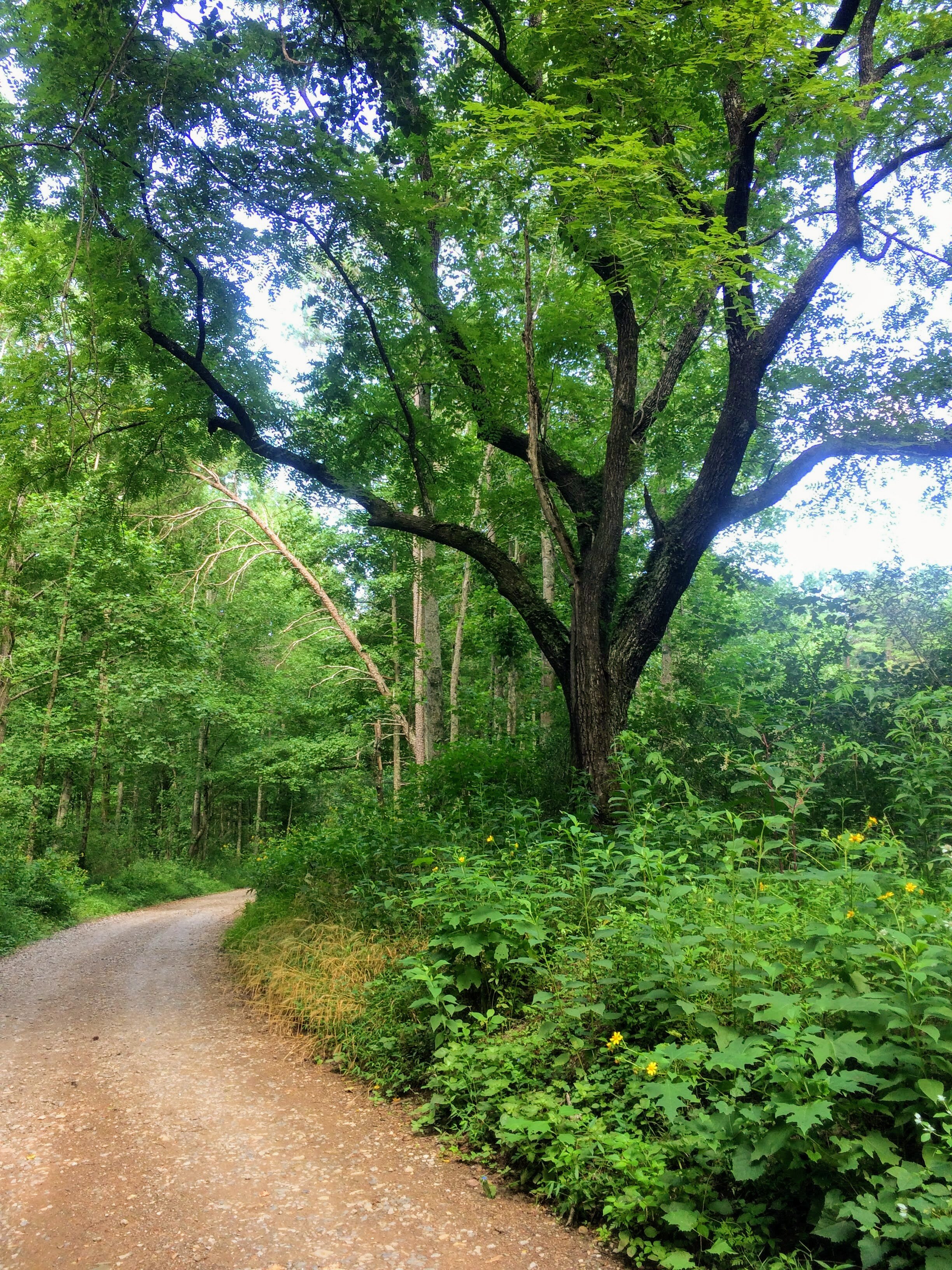
Clean Water Act Projects
Limestone Valley currently has Clean Water Act Section 319 grants to improve the water quality in watersheds in its eleven county area. The grants are funded by the United States Environmental Protection Agency though the funds are managed in Georgia by the Georgia Environmental Protection Division. These grants are generally intended to reduce nonpoint source pollution (e.g., fecal coliform bacteria, sediment, etc.) in watersheds having nonpoint source pollution-related impairments. In each of the watersheds for which we have grants, impairments are listed for both the likely presence of pathogens and the associated human health risk (as indicated by high fecal coliform bacteria counts) and for impacted aquatic biotic communities (generally the result of sedimentation).
For each of these watershed projects, a watershed management plan (WMP) has already been written by Limestone Valley describing how improvements to water quality will be realized. Currently, we are focused on implementing these plans, which involves putting projects “On-The-Ground” to improve water quality in these watersheds. Project components associated with these grants include cost-sharing with private property owners on agricultural best management practices (BMPs) and septic system repairs (generally where effluent is running off) to improve water quality. These particular programs are greatly assisted by the Natural Resources Conservation Service (NRCS) and the North Georgia Health District, respectively. Stormwater practices, streambank stabilization projects, and nutrient management planning are also being utilized as part of the “On-The-Ground” water quality improvement efforts. Other components of these grants include follow-up water quality sampling, fish and macroinvertebrate sampling, and various education and outreach events including Adopt-A-Stream workshops, canoe cleanups, riparian planting projects, and other volunteer events.





